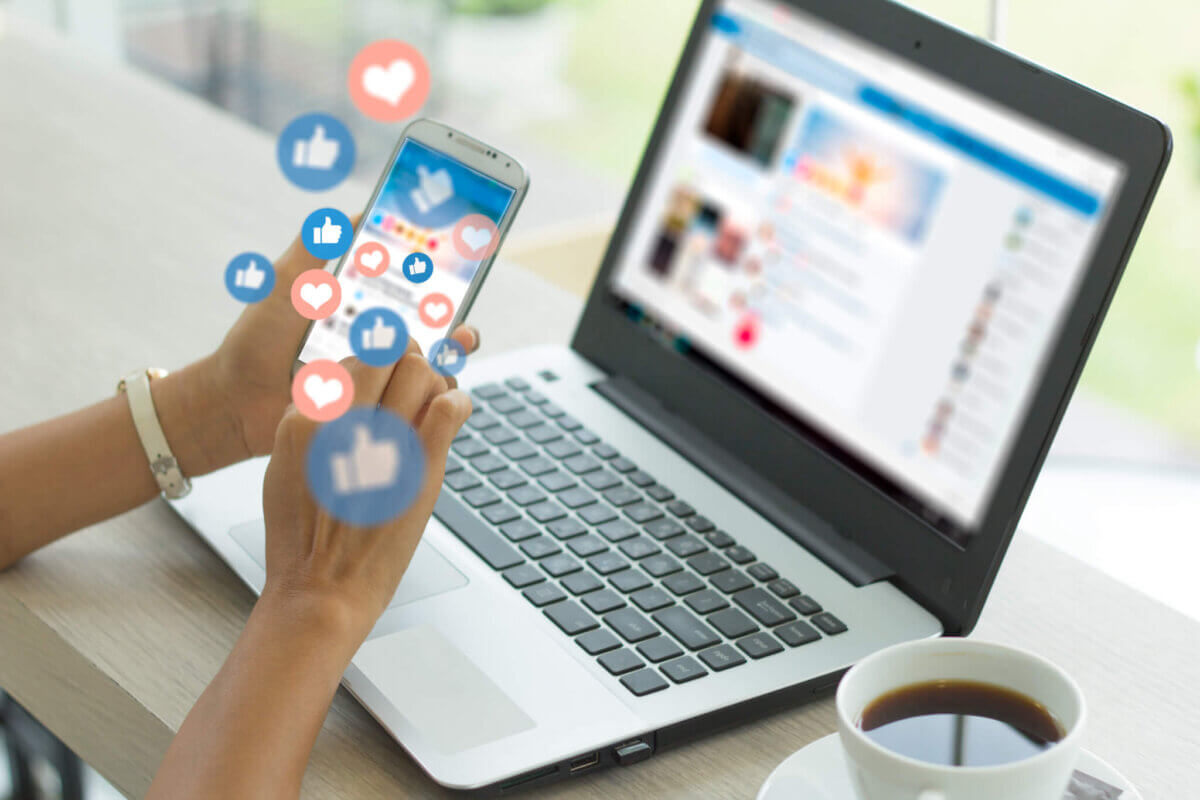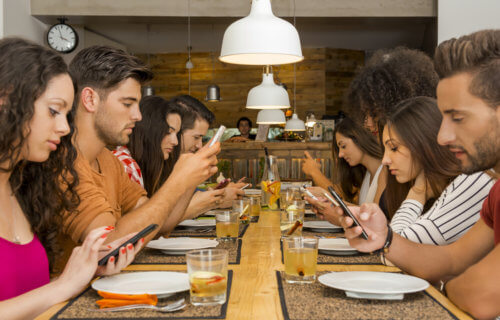AMES, Iowa — Social media, like so much else in life, is best enjoyed in moderation. That’s the main finding of a team at Iowa State University, who focused on young adults and their mental health. When a group of college students limited their social media usage to just 30 minutes daily, participants scored significantly lower for anxiety, depression, loneliness, and fear of missing out (FOMO).
Tens of millions of people use social media daily, but concerns have mounted in recent years over the psychological impact of these platforms — especially among young adults and adolescents. Recently, both the American Psychological Association and the U.S. Surgeon General issued health warnings in connection with social media use among teens.
In short, a growing collection of recent research points toward an undeniable trend: young people are using social media more, and their mental health is suffering. So, researchers at ISU put together a two-week experiment encompassing 230 college students. Half of the participants had to limit their social media usage to 30 minutes a day. This group even received automated reminders each day to cut back. That cohort ended up scoring notably lower for anxiety, depression, loneliness, and fear of missing out by the end of the study in comparison to the control group.
The experimental group also scored higher for “positive affect,” described by study authors as “the tendency to experience positive emotions described with words such as ‘excited’ and ‘proud.’” In other words, a brighter outlook on life.
“It surprised me to find that participants’ well-being did not only improve in one dimension but in all of them. I was excited to learn that such a simple intervention of sending a daily reminder can motivate people to change their behavior and improve their social media habits,” says lead study author Ella Faulhaber, a Ph.D. student in human-computer interaction, in a university release.

The research team notes that the psychological benefits gained from limiting social media use even extended to participants who sometimes exceeded the 30-minute time limit.
“The lesson here is, it’s not about being perfect but putting in effort, which makes a difference. I think self-limiting and paying attention are the secret ingredients, more so than the 30-minute benchmark,” Faulhaber explains.
Douglas Gentile, study co-author and distinguished professor of psychology, adds that these findings fit nicely with other research stemming from the kinesiology and health fields.
“Knowing how much time we spend on activities each day and making something countable makes it easier for people to change their behaviors,” the researcher says, noting both Fitbits and daily steps as an example.
Many study participants commented that the first few days of cutting back were challenging. After that, however, one noted they felt much more productive and in tune with their lives. Others said that they were getting better sleep or spending more time with others in person.
Study authors also stress that other projects have investigated the effects of limiting or abstaining from social media. However, many of those interventions require heavy supervision, deleting apps, or using a special application to block or limit social media. Similar to rehab for people addicted to narcotics, external accountability can prove very helpful for some trying to quit social media. Unfortunately, this approach also carries a higher risk of backfiring.
“When a perceived freedom is taken away, we start resisting,” Prof. Gentile says, adding that eliminating social media also means losing some of its benefits, such as connecting with friends and family.

All in all, Faulhaber says this study extends the current research on social media, all while providing a practical way for people to limit their use. For anyone looking to cut back, she has three recommendations:
- Create awareness. Use a timer or built-in wellness app to see how much time you spend on social media.
- Give yourself grace. Recognize that it’s not easy to stick to a time limit. Social media apps are designed to keep you scrolling.
- Don’t give up. Limiting social media use over time can offer real benefits to your daily life.
In conclusion, study authors say it’s also important to be mindful of how and when we use social media. Future studies could explore this topic, as well as the long-term effects of limiting social media and what people do with the time they get back.
“We live in an age of anxiety. Lots of indicators show that anxiety, depression, loneliness are all getting worse, and that can make us feel helpless. But there are things we can do to manage our mental health and well-being,” Prof. Gentile concludes.
The study is published in the journal Technology Mind and Behavior.
You might also be interested in:
- Avoiding social media for just one week significantly boosts well-being, cuts depression
- Social media could be fueling insecurity about skin blemishes — and causing many to avoid real life events
- There are nearly 50 harmful effects linked to social media use

